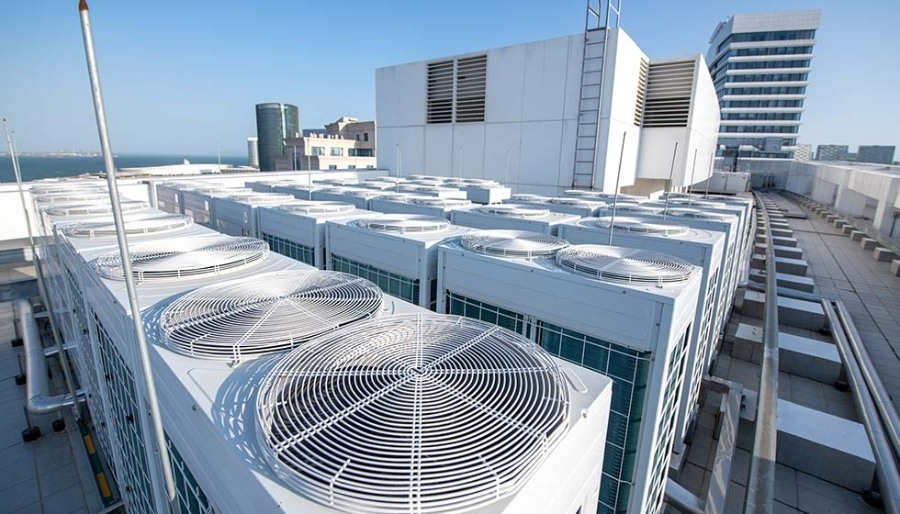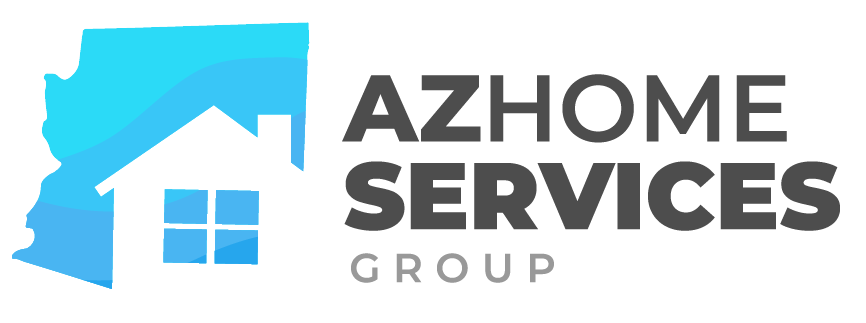Everything You Should Know About HVAC Insurance

If you have an HVAC system in your home, you may be wondering if you need insurance for it. Here’s everything you need to know about HVAC insurance. Most homeowner’s insurance policies will cover damage to your HVAC system caused by fire, wind, hail, or other disasters. However, they typically won’t cover wear and tear or maintenance issues. That’s where HVAC insurance comes in. HVAC insurance can help cover the cost of repairs or replacement if your system breaks down due to normal wear and tear. It can also cover the cost of regular maintenance, like tune-ups and filter changes. HVAC insurance isn’t required, but it can be a good idea to have, especially if your system is older or has been having problems. If you’re not sure if you need it, talk to your HVAC technician or insurance agent.
The Benefits of HVAC Insurance
Homeowners insurance is one of the most important things you can have to protect your home and possessions. Many people don’t realize, however, that their policy may not cover everything. In particular, most policies exclude coverage for damage caused by floods, earthquakes, and landslides. If you live in an area that is prone to any of these natural disasters, it’s important to purchase separate insurance to cover those risks. Another type of coverage that is often excluded from homeowners insurance is damage caused by mould. If your home has a problem with mould, you may need to purchase a separate policy to cover the costs of cleanup and repair. Finally, many homeowners insurance policies exclude coverage for damaged caused by pests. If you have a problem with termites or other pests, you’ll need to buy a separate policy to cover the costs of repairs. While it’s important to have insurance to protect your home, you also need to be aware of what your policy covers and doesn’t cover. By understanding the limitations of your coverage, you can be sure to purchase the right type and amount of insurance to protect your home.
The Different Types of HVAC Insurance
There are different types of HVAC insurance depending on the needs of the homeowner and the type of HVAC system they have. The most common type of policy is the all-risk policy, which covers all types of damage to the HVAC system. Other types of policies include the named-perils policy, which only covers certain types of damage, and the limited-risk policy, which covers only a limited amount of damage.
What to Look for in a Good HVAC Insurance Plan
When shopping for homeowners insurance, it’s important to consider coverage for your HVAC system. A good HVAC insurance plan will cover the cost to repair or replace your system in the event of damage from a covered peril, such as a fire or windstorm. It will also provide liability coverage if someone is injured while on your property as a result of your HVAC system. Here are a few things to look for when shopping for HVAC insurance: Coverage for the replacement or repair of your HVAC system. A good HVAC insurance plan will cover the cost to replace or repair your system in the event of damage from a covered peril, such as a fire or windstorm. Liability coverage. A good HVAC insurance plan will provide liability coverage if someone is injured while on your property as a result of your HVAC system. Coverage for HVAC maintenance. Some HVAC insurance plans will cover the cost of routine maintenance, such as annual tune-ups. This can help keep your system running efficiently and prevent future problems. Discounts for certain features. Some insurance companies offer discounts for HVAC systems that have certain features, such as a central vacuum system or a whole-house humidifier. A good HVAC insurance plan can give you peace of mind knowing that your system is covered in the event of damage or a liability claim. Be sure to shop around and compare plans to find the coverage that best meets your needs.
How to Choose the Right HVAC Insurance for Your Needs
If you have an HVAC business, you know that having the right insurance is vital to protecting your business. But with so many options out there, how do you choose the right policy for your needs? Here are a few things to keep in mind as you shop for HVAC insurance: 1. Make sure you’re covered for all the risks you face. Your HVAC business faces a number of potential risks, from damage to your equipment to injuries to customers. Make sure your insurance policy covers you for all the risks you face. 2. Don’t skimp on coverage. It’s tempting to save money by buying a less expensive insurance policy with lower coverage limits. But if you have a claim, you’ll be glad you have the coverage you need. 3. Consider a business owners policy. A business owners policy (BOP) is a type of insurance that covers a business for a variety of risks, including property damage, liability, and business interruption. A BOP can be a good option for an HVAC business. 4. Get quotes from multiple insurers. Once you know what coverage you need, get quotes from several different insurers. Compare the cost of the policies and the coverage they provide to find the best option for your business.
The Advantages of HVAC Insurance Coverage
If you have an HVAC system, you may want to consider getting HVAC insurance coverage. This type of insurance can help to protect your HVAC system from damages that may occur. In addition, it can also help to cover the cost of repairs if your HVAC system does become damaged. There are a few different advantages that you will find when you have HVAC insurance coverage. One advantage is that you will not have to worry about the cost of repairs if your system is damaged. Another advantage is that you will be able to get the coverage you need in order to keep your system running properly. One of the best things about HVAC insurance coverage is that it can help you save money on your energy bills. If you have an HVAC system that is not working correctly, it can cause your energy bills to go up. When you have insurance coverage, you will be able to have the system repaired so that it is working correctly again.
This can help you save money on your energy bills each month. Another advantage of having HVAC insurance coverage is that it can help to protect your investment. If you have an HVAC system, it is an important investment. If something were to happen to your system, you would want to make sure that you are covered so that you do not have to replace it. With insurance coverage, you will be able to get the coverage you need in order to keep your system working properly and to protect your investment. There are many different advantages that you will find when you have HVAC insurance coverage. These are just a few of the advantages that you will find. If you have an HVAC system, you should definitely consider getting HVAC insurance coverage.
The Disadvantages of HVAC Insurance
Assuming you are referring to HVAC insurance for homeowners, there are several disadvantages to consider. First, it’s important to note that most homeowners insurance policies don’t cover HVAC systems. So if you have a problem with your furnace or air conditioner, you’ll likely have to pay for repairs or replacement out of pocket. HVAC insurance typically costs between $200 and $500 per year, depending on the value of your system. That can be a significant expense, particularly if you have an older system. Additionally, HVAC insurance generally has a pretty high deductible – often $500 or more. So even if you have insurance, you’ll still have to pay a significant amount of money out of pocket if something goes wrong.
Finally, HVAC insurance may not cover all types of problems. For example, many policies exclude coverage for routine maintenance or cleaning. And, some policies only cover parts of the system, not the entire thing. So, while HVAC insurance may give you some peace of mind, it’s important to weigh the costs and coverage before deciding if it’s right for you.



